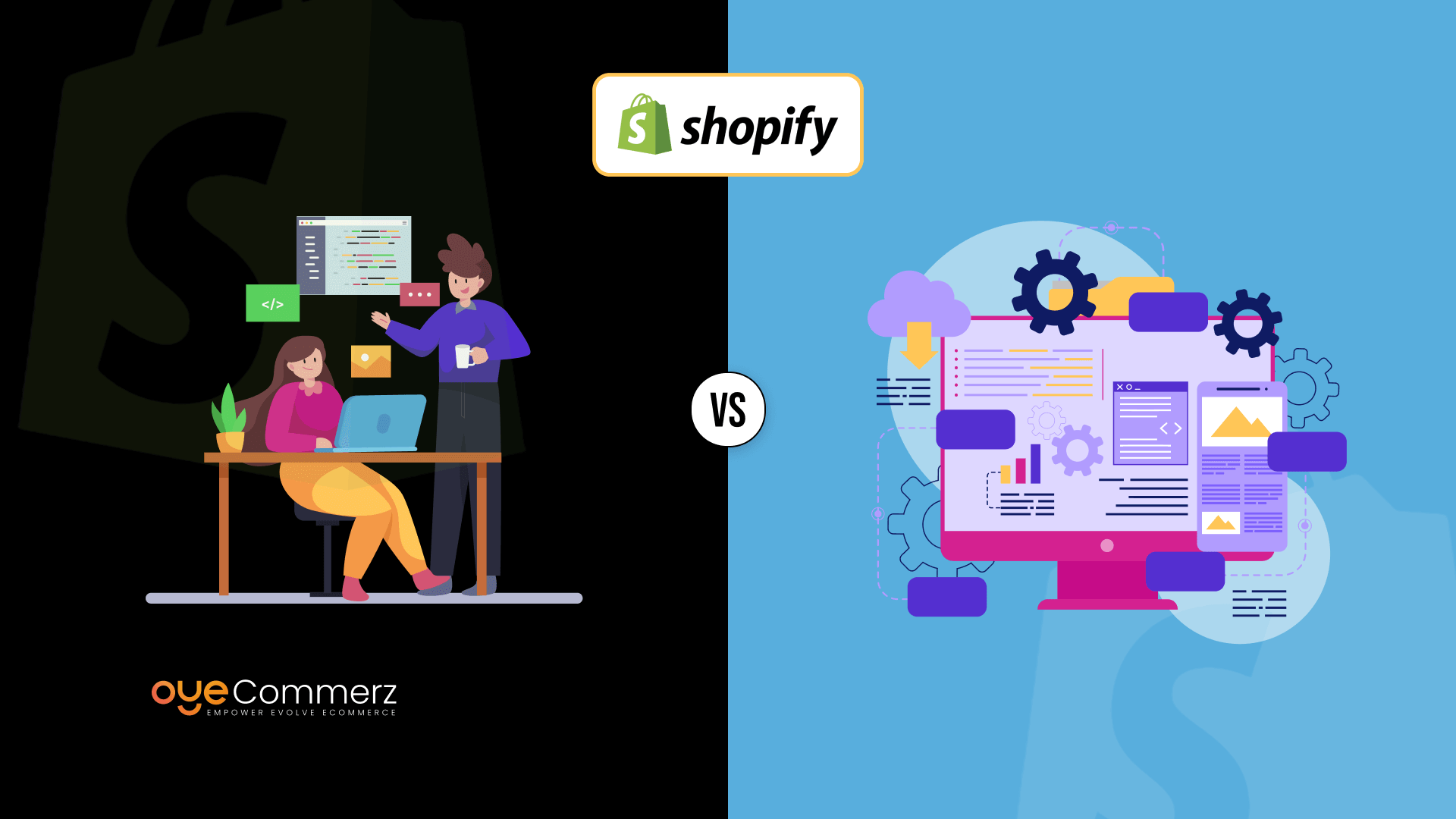Overview
In the current cutthroat e-commerce environment, differentiating is paramount, and a top method to set apart a Shopify store is through custom app creation. A robust Shopify app can enhance store capabilities, streamline operations, and elevate customer interaction. This guide delves into key aspects of Shopify app development, covering API integration and app ecosystem to growth techniques and digital marketing approaches, offering a roadmap for businesses seeking unmatched store performance.
Why Shopify API Integration Matters
Shopify’s API provides powerful tools to customize and extend store capabilities. With GraphQL and REST APIs, developers can retrieve information to build applications that handle inventory control, order processing, and customer information management smoothly. Using Shopify’s API can enable improved workflow automation and enables stores to assist shoppers more effectively.
Adopting the Polaris Design System
Shopify’s Polaris is Shopify's set of design guidelines for creating user-friendly and accessible Shopify apps. By following Polaris guidelines, developers ensure that apps integrate smoothly within the Shopify Admin experience. This provides a cohesive look and feel that resonates with Shopify merchants, encouraging usability and comfort for merchants utilizing your tailored app.
Understanding the Shopify App Ecosystem
The Shopify app ecosystem offers endless possibilities for enhancing e-commerce sites. From managing fulfillment processes to increasing customer interaction, apps in this ecosystem are designed to meet diverse business requirements. Learning about this system assists developers in finding unique app ideas and enables smooth connections of external tools that add value to the store.
Building Embedded Shopify Apps
Embedded apps integrate directly within the Shopify Admin, providing a smooth interface for merchants. They allow merchants don’t have to navigate away from their Shopify control panel, simplifying their process. Employing Shopify App Bridge and embedded app capabilities is a best practice for offering a unified, well-integrated user environment.
Using Node.js and React for Shopify Apps
Node.js and React have emerged as ideal tools for Shopify app creation. Node.js enables efficient back-end services, while React allows for interactive and adaptive front-end user interfaces. Combined, they provide an strong framework for building fast, growth-ready Shopify apps that improve store performance and customer interaction.
Webhooks in Shopify Apps
Webhooks allow real-time data updates between Shopify and an external app. They initiate events such as order creation or stock changes and send instant alerts to your app. By utilizing webhooks, apps can provide up-to-date insights for store owners, streamlining workflows and boosting productivity.
Engaging Customers Through Digital Marketing for Shopify Apps
To ensure Shopify app success, engaging customers is crucial. Using online marketing techniques like SEO, email marketing, and social outreach can drive app adoption. Additionally, creating applications with customer interaction as a focus (e.g., loyalty programs or personalized recommendations) increases user retention and loyalty.
Scaling Your Shopify App
As e-commerce stores expand, so do their technological needs. Ensuring that your app can manage higher usage, larger data sets, and more complex functionalities is critical. By optimizing server resources and implementing scalable technologies, you can develop apps that grow in tandem with a store’s success.
Essential Features and Maintenance for Shopify Apps
For an app to be effective, Maintenance strategies for Shopify apps it should offer key capabilities like user login, dashboard analytics, and customer support options. Ongoing app upkeep, with updates to fix bugs and compatibility checks with new Shopify functionalities, is important to maintain continuous operation and prevent disruptions to business processes.
Summary
Custom Shopify app development offers immense opportunities for e-commerce stores, providing the ability to improve performance, simplify operations, and foster customer loyalty. With API integrations and Node.js to ensuring scalability and customer engagement, creating a Custom app-building for Shopify Shopify app requires thoughtful preparation and well-planned actions. If you’re ready to elevate your e-commerce experience, a custom Shopify app may be the ideal choice. What features do you envision for your ideal app? Share your thoughts and take the first step toward an enhanced e-commerce journey!
